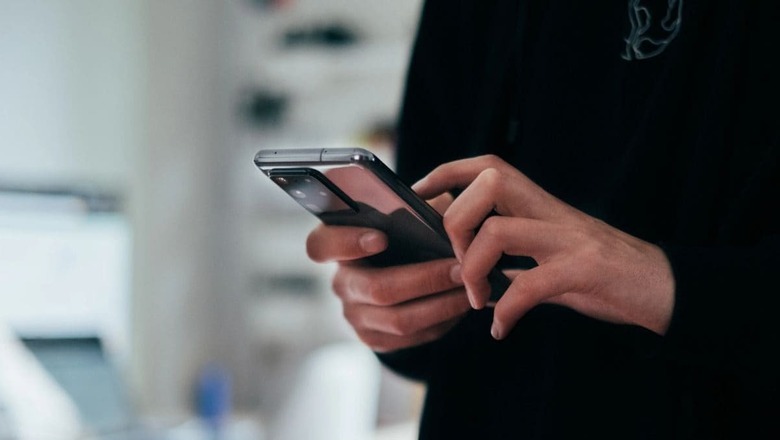
views
Planning a vacation is exciting, but ensuring that your phone’s data is secured from cybercriminals can make the trip even more enjoyable. With more people relying on their smartphones for navigation, banking, and communication during travel, the risk of falling prey to cyberattacks rises significantly.
Hence, it is imperative to be mindful and implement a few strategic security measures to significantly reduce the risk of fraud and incidents. Following these measures means one can relax and enjoy the vacation to the fullest.
Here are some essential tips to prevent cybercriminals and protect your phone’s data while travelling, ensuring a secure and enjoyable travel experience.
Never Use Free Public Wi-Fi
Think twice before connecting to open public Wi-Fi networks without protection like those in cafes or airports. Public Wi-Fi should only be used for general web browsing. If you want to access business information, shop, bank, or anything that requires a password, you should always ditch the Wi-Fi. Opt for secure connections that require a password and make sure the connection is encrypted. Consider using a trusted Virtual Private Network (VPN) to encrypt your data.
Avoid Charging Stations
Running out of phone battery? Unless you have your own portable charger, avoid connecting your device to any charging station. You should also avoid charging your phone on a computer in the business center at hotels or the ones you find at the local library, as you have no idea what software is running on those computers.
Set Secure Passcode
Whether you are at home or away, avoid reusing passwords across accounts. Create new passwords on accounts you will need to access while traveling and consider enabling two-factor authentication on your social media accounts for added security. This security measure requires a second verification step, such as an OTP sent to the mobile, in addition to the usual password.
Keep Taking Regular Backups
Protect your device and data by updating your software and apps. Regularly backup the device, either to an external hard drive or to secure cloud storage whenever you are in range of a trusted Wi-Fi connection, to prevent data loss in case of theft or damage. This ensures that you can recover photos, contacts, and documents even if your device is lost, stolen, or damaged.
Privacy While Traveling
Another important tip is to be mindful of your digital footprint. Turn off location services within your camera app to prevent your photos from revealing your whereabouts. In addition to that, minimize real-time social media updates and upload photos and videos later from a secure connection. For greater control, search for apps that allow you to scrub location from photos before sharing them.
Don’t Take the Bait
Cybercriminals often send emails, texts, links, or messages that appear to be from trusted sources but trick you into clicking dangerous links or sharing personal data. Stay vigilant against such phishing attacks. When in doubt, verify the sender’s authenticity directly before interacting or providing personal information. Look out for requests for payment, unusual or demanding language, or anything that forces you to take immediate action.


















Comments
0 comment